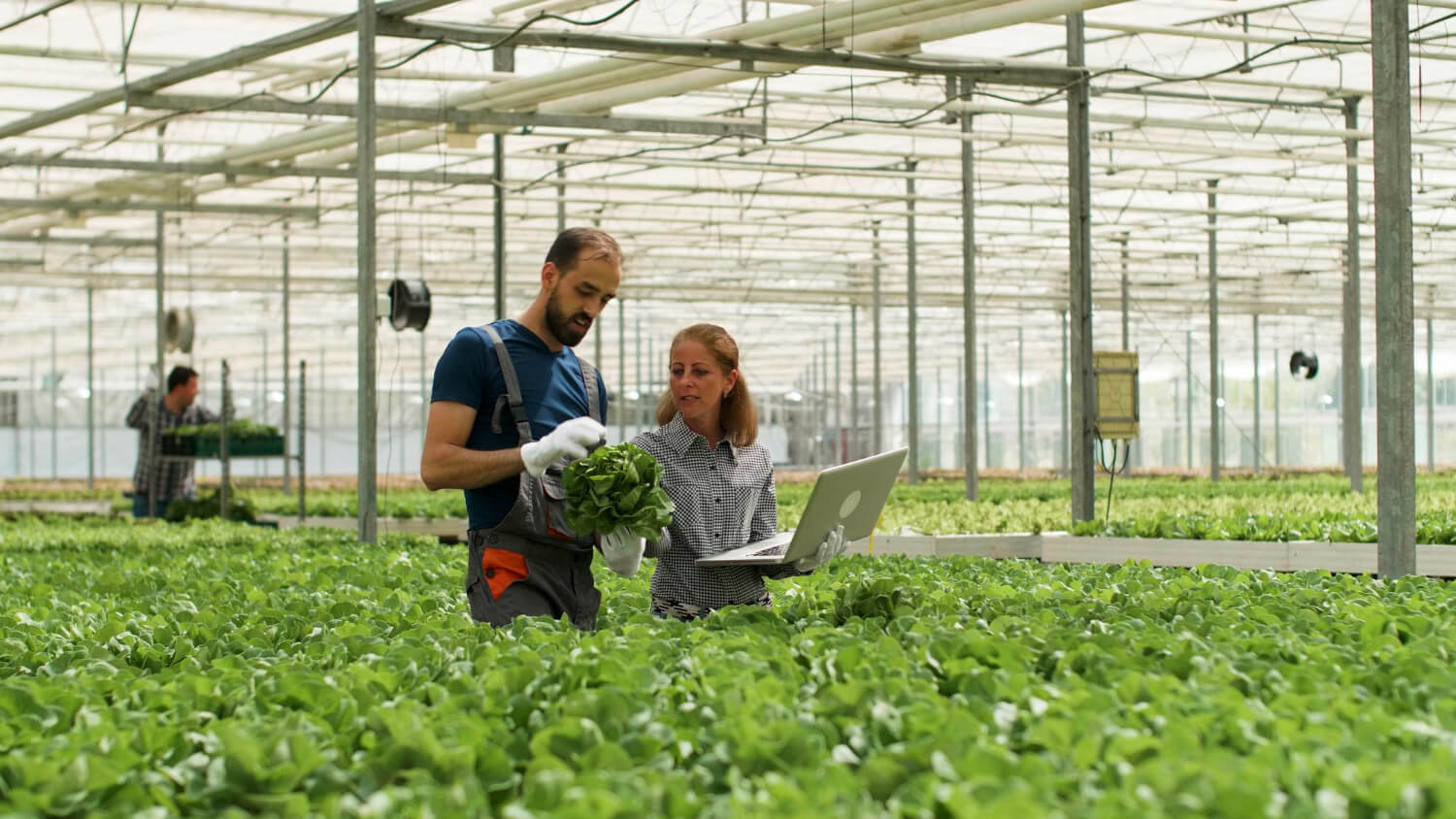Farm bookkeeping software: tips, considerations, and applications
Have you ever wondered how modern farmers navigate the complex world of finances, ensuring their farms not only thrive but also remain profitable in an industry known for its unpredictability?
A farm bookkeeping software is a revolutionary tool that transforms the traditional pen-and-paper ledger into a dynamic, digital dashboard. But what exactly makes this software not just a luxury, but a necessity for farmers in the 21st century? Let’s delve into the innovative features and benefits that farm accounting software brings to the table, and explore how it’s redefining the agricultural landscape, one financial report at a time.
Features of farm bookkeeping software
The global market for farm management software and data analytics is forecasted to expand at a CAGR of 17.47% from 2021 through 2026. As of 2020, the valuation of this market stood at approximately 1.1 billion USD on a worldwide scale. Notably, North America plays a pivotal role within this sector, largely attributed to its rapid advancement and adoption of data-driven technological solutions in agriculture, boasting a market valuation nearing 500 million USD.
Farming bookkeeping is a critical aspect of agricultural management, focusing on the systematic recording, tracking, and analysis of financial transactions within a farming operation. It encompasses a wide range of activities and considerations, designed to help farmers manage their finances effectively, optimize profitability, and make informed decisions. Here are the key elements that farming bookkeeping typically includes:
- Records all sources of income, including crop sales, livestock sales, government subsidies, and any other farm-related revenue.
- Helps in analyzing which farming activities are most profitable.
- Tracks all farm-related expenses such as seeds, fertilizers, labor costs, equipment maintenance, and utility bills.
- Essential for budgeting and identifying potential areas to reduce costs.
- Involves recording and tracking the value of all farm assets, including land, buildings, machinery, and livestock.
- Useful for depreciation calculations and understanding the farm’s net worth.
- Keeps track of all farm debts and liabilities, including loans and credit lines.
- Helps in planning for debt repayment and financial sustainability.
- Monitors the levels of farm supplies, crops, and livestock.
- Critical for operational planning and avoiding overstocking or shortages.
- Manages all aspects of farm labor, including wages, benefits, and taxes.
- Ensures compliance with labor laws and supports fair labor practices.
- Facilitates accurate and timely tax reporting, taking into account farm-specific deductions and credits.
- Helps in minimizing tax liabilities through strategic planning.
- Assists in creating detailed budgets and financial projections.
- Enables farmers to plan for future investments and assess financial health.
- Analyze the timing of income and expenses to ensure there is always enough cash on hand to meet financial obligations.
- Prevents liquidity issues and supports better financial decision-making.
- Evaluates the profitability of different farm sectors and activities.
- Guides strategic decisions regarding crop selection, scaling operations, and resource allocation.

What technologies are used to develop farm bookkeeping software?
- Cloud Computing
Enables remote data storage and access, allowing farmers to manage their finances from any location with internet access. This technology supports real-time updates and collaboration. - Mobile Development Platforms
Used to create mobile applications for iOS and Android, ensuring farmers can access and input data on the go, directly from the field, or anywhere else on the farm. - Database Management Systems (DBMS)
Essential for storing, retrieving, and managing large volumes of financial data securely. Popular options include MySQL, PostgreSQL, and MongoDB, among others, depending on the application’s requirements. - Web Development Frameworks
Technologies like React, Angular, or Vue.js for the frontend, and Node.js, Ruby on Rails, or Django for the backend are used to develop interactive, responsive web applications for farm bookkeeping. - API Integration
Allows for the integration of third-party services, such as weather forecasts, commodity prices, or government subsidy information, providing farmers with additional insights and data for informed decision-making. - Artificial Intelligence and Machine Learning
Used for predictive analytics, such as forecasting crop yields or financial performance, and for automating routine tasks like categorizing expenses or detecting anomalies in financial data. - Blockchain
Though not yet widespread in farm bookkeeping software, blockchain technology offers potential for secure transaction recording and traceability, which could be beneficial for supply chain management and organic certification processes. - Security Technologies
Includes encryption, secure access controls, and data protection measures to ensure sensitive financial information is kept safe from unauthorized access or breaches. - User Interface/User Experience (UI/UX) Design Tools
Critical for designing intuitive and easy-to-navigate software interfaces that can accommodate users with varying levels of tech-savviness. - Analytics and Reporting Tools
Embedded analytics tools and customizable reporting features help farmers understand their financial data through visual dashboards, detailed reports, and performance metrics.
Wrapping up
The evolution of farm bookkeeping software represents a significant leap forward in agricultural management, offering a blend of traditional financial oversight with cutting-edge technology. As the agricultural sector continues to navigate the complexities of modern farming, including fluctuating markets, environmental concerns, and the imperative for sustainable practices, these software solutions stand out as indispensable tools.
With features tailored specifically to the unique demands of farming operations, such as income and expense tracking, asset and inventory management, and detailed analytical reporting, farm bookkeeping software not only simplifies financial management but also empowers farmers to make data-driven decisions.
The expected growth in the farm management software and data analytics market underscores the increasing recognition of technology’s value in agriculture. As we look towards the future, it’s clear that the integration of digital solutions in farm financial management will play a crucial role in shaping the resilience and efficiency of the agricultural industry. By leveraging these tools, farmers and agricultural businesses are better equipped to optimize profitability, ensure sustainability, and face the challenges of the 21st century with confidence.





Leave a comment